
The Urban Guide to Growing Medicinal Plants
You may feel like it’s impossible to have a garden and grow your own herbs and plants when you live in an urban setting. There is no green space, and you often only have a tiny living area and no garden. Even balconies aren’t available for everyone.
Thankfully, there is plenty you can do to grow medicinal herbs and plants in your limited space, as long as you know how to utilize them.
Tricks and Tips
 Go Vertical
Go Vertical
When you have limited square footage, you don’t want to take up any remaining available space with plants that creep out and become large bushes. Instead of picking plants that grow outwards, look at ones that grow upwards to maximize your living space.
Stick to Small Plants
Big plants that spread out or take up a lot of space reduce the number of plants you can have in the space overall. Instead, focus on smaller plants, or ones that can be pruned and kept smaller so that you can take advantage of the maximum amount of space and have a bigger variety of plants with you.
Pick Plants That Have Multiple Uses
While some plants have specific health benefits, some herbs and plants can do multiple things, like ginger. Ginger can be used for nausea, boosting the immune system, as a spice in your food, and more.
Picking these kinds of plants allows you to have a wider range of herbs with health benefits at your disposal. You can also have a greater range of health benefits covered so you can make the most out of your space.
Once you grow plants that are proven to benefit against a multitude of health conditions, you can start making tinctures out of them, so they are preserved for a longer period of time. But if making tinctures is not your thing or you need a quicker solution to your pain, check out Nicole’s Apothecary. It has only non-GMO tinctures that have helped so many thrive despite their apparent limits!
Utilize Different Planters
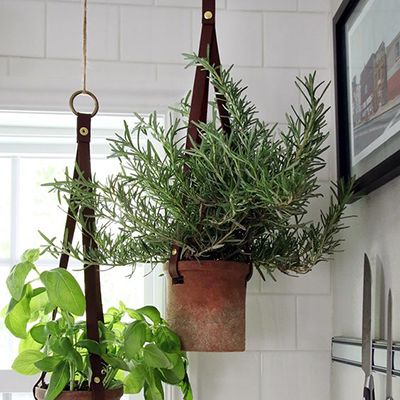
Another thing to think about when starting to plant an urban garden is your pots. It’s easy to get stuck using only cute pots or just simple plastic round pots. However, there are a variety of different pots and shapes out there that can be used in a variety of ways.
For example, there are basket planters, which work well on windowsills or balconies. There are also hanging planters for hanging them in the middle of the room without taking up space or stacking them on a porch or area with a lot of sun.
You can even make your own planters if you are a bit more creative and want to upcycle. Look at reusing tires, bookshelves, and bowls as planters.
Focus on Hearty Plants
Apartments and small homes in urban settings aren’t known for being big and having a lot of windows. You want plants that can handle low light conditions and the humidity in your area.
You may consider using LED grow lights, which are energy-efficient and can be adjusted to provide the optimal light for your plants, ensuring they thrive even in low-light rooms in your home.
If you are going to try to give your plants some outdoor time with a balcony or a small strip of yard, you can also look at having plants that can handle your local temperatures year-round.
Mix Plants Together
You can plant more than one kind of plant in the same pot. All you need to do is make sure they have similar growing conditions and won’t grow so big that they compete for space.
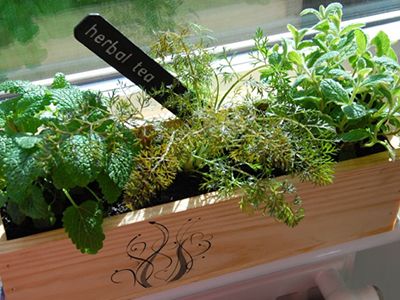 By planting multiple herbs in one pot, you can increase your variety without taking up more space. Sometimes, plants can also help each other out if they are grown together.
By planting multiple herbs in one pot, you can increase your variety without taking up more space. Sometimes, plants can also help each other out if they are grown together.
When putting plants together, think about things like height difference. Putting a tall plant in with a short one usually works well because they aren’t going to compete for space. Additionally, a short and squat plant can stop a pot from tipping over with a top-heavy plant.
Tarragon, cilantro, and basil are good herbs to grow together as they all love moisture and can stand similar levels of sunlight. Look at regions where your plants come from if you are unsure if they will go well together.
If herbs are in the same region, they likely have similar requirements for their environment and can work well together.
Be aware that things like species of mint can cross-pollinate with one another, so putting them into one pot will cause hybridization. Additionally, mint doesn’t do well with other plants because it can rapidly take up space and outcompete other plants.
This practice is often called companion planting and works well with herbs, flowers, or even garden vegetables. When plants are outdoors, there are a lot of benefits to companion planting, like blocking certain plants from an abundance of light or keeping away pests, but it can be used indoors for small spaces.
Always Have Seedlings Ready
Most herbs don’t have a long lifespan and will die out or become inedible after a few years. This means that you will have to plant new seeds or seedlings at some point. If you are unprepared, this can leave you with several months without having an essential herb in your garden.
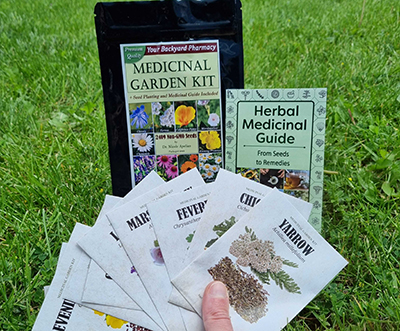 If you want to take health into your own hands and thrive, grow your own medicinal herbs to ensure they’re all natural. I’ve found the best source of natural seeds I could find. The 10 packs of seeds came quickly, and they even included a free copy of a guide teaching you all you need to know about how to get remedies right from those tiny seeds. Check out the Medicinal Garden Kit here!
If you want to take health into your own hands and thrive, grow your own medicinal herbs to ensure they’re all natural. I’ve found the best source of natural seeds I could find. The 10 packs of seeds came quickly, and they even included a free copy of a guide teaching you all you need to know about how to get remedies right from those tiny seeds. Check out the Medicinal Garden Kit here!
However, you can plan ahead by having seedlings ready. If you have annual plants, make sure you start the seedlings before the end of the year so that they will be ready to go when your original plant dies. Or, if you have plants that take a long time to grow, starting seedlings can ensure you have plants that are ready and almost fully grown by the time the old plant dies.
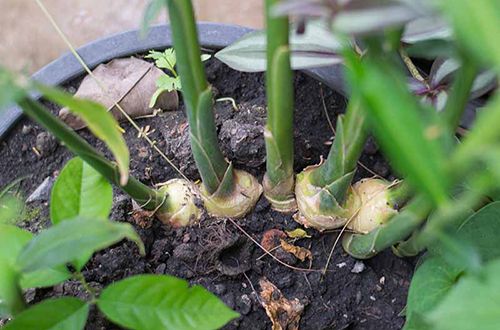
This can also help if something like pests or disease gets to your original plants. With seedlings, you can toss out the old plants to prevent infection and have a backup ready immediately.
Be Creative
Finding new ways to repurpose things around your home can help maximize your small garden. Find things around your home like bookshelves that can help with vertical growth, or use a ladder that you always have set up. Even repurposing items to turn into pots can reduce your costs and make the most out of the space you have.
The Best Medicinal Herbs and Plants for Urban Gardens
Let’s look at some plants and herbs that work well in urban spaces and have multiple uses so you can get an idea of where to start with your garden.
Chamomile (Matricaria chamomilla) – Good for immune health, relaxation, cancer, and is a good base for tea.
⇒ Doctors are losing money because of this plant (Video)
Lemongrass (Cymbopogon citratus) – Lemongrass has antifungal, antibacterial, diaphoretic, and expectorant properties
Rosemary (Salvia rosmarinus)- Yet another great immune booster and flavor for food
Basil (Ocimum basilicum) – Good with many dishes, antioxidants, anti-inflammatory, reduces stress and fevers and boosts the immune system
Parsley (Petroselinum crispum) – Good for immune health, antibacterial, heart, kidney, and bone health, and goes great on many foods as a flavor enhancer
Spilanthes (Acmella oleracea) – This plant is a diuretic, stimulates salivation, and has anti-inflammatory and antimicrobial properties
Oregano (Origanum vulgare) – Oregano has powerful antibacterial, antiviral, and anti-inflammatory properties. It’s also rich in antioxidants and can be used to boost the immune system and as a flavor enhancer in various dishes.
Peppermint (Mentha × piperita) – Known for its soothing effects on the digestive system, peppermint also has anti-inflammatory, antiviral, and analgesic properties. It can be used to relieve headaches, reduce stress, and enhance the flavor of foods and beverages.
Thyme (Thymus vulgaris) – Thyme is rich in vitamins and antioxidants, with strong antimicrobial and antiseptic properties. It’s beneficial for respiratory health, boosting the immune system, and adding a savory flavor to culinary dishes.
Passionflower (Passiflora incarnata) – The leaves and flowers of this plant work as an antidepressant, and have anti-anxiety and antispasmodic benefits.
It’s famous for the powerful relaxing proprieties that even promote a long restful sleep. I’ve been convinced of that ever since I tried it the first time. Just a few drops of this passionflower tincture and I could finally leave stress behind and fall asleep. I’ll leave a link for you here to check it out!
There are plenty of other plants to look at. Almost any plant can be grown or adapted to live indoors with the right care and environment, so don’t let your small urban home get in the way.

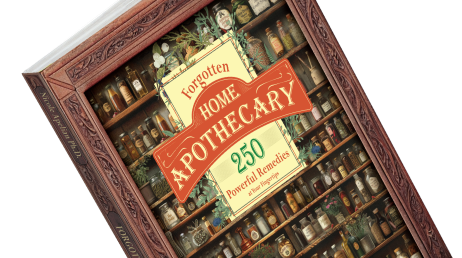






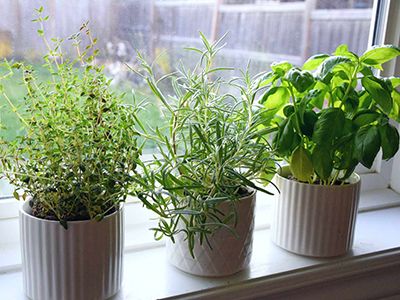 Go Vertical
Go Vertical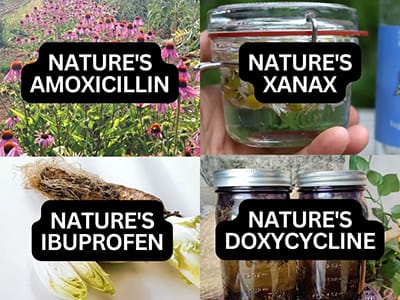
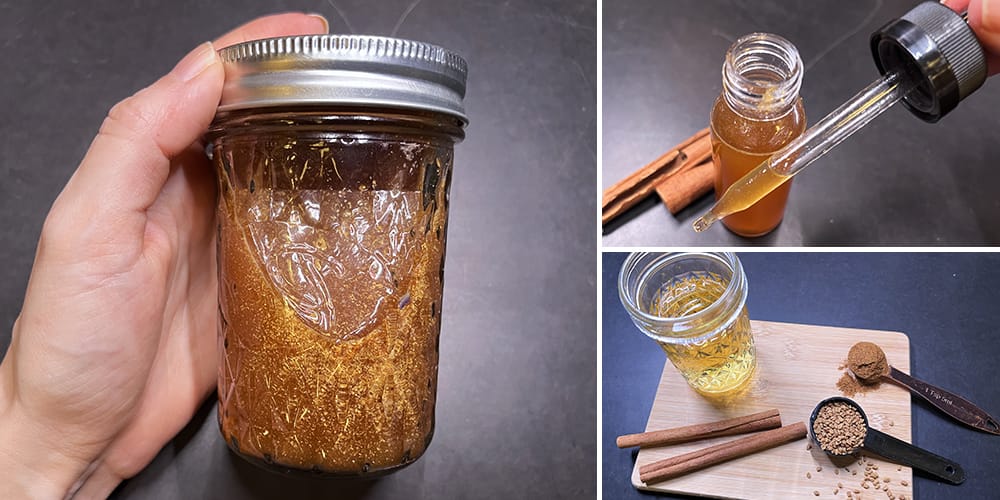
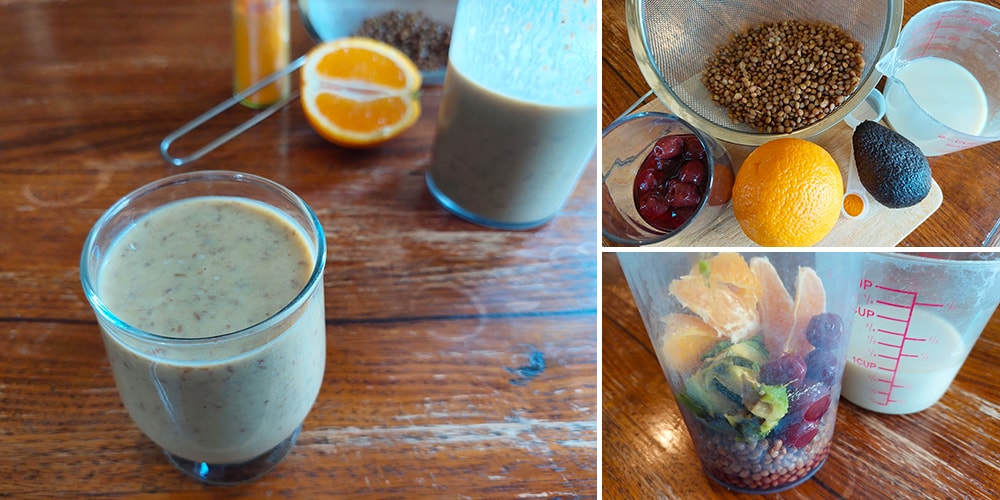
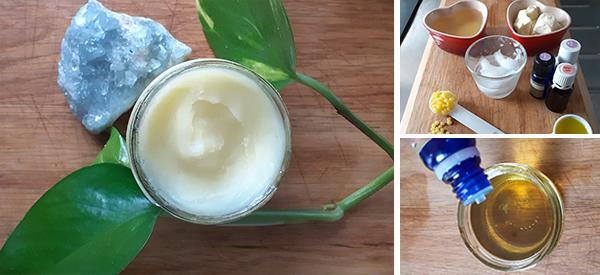
Please make this so I can save and paint
You suggest planting in tires but they off gas and shouldn’t be used for growing food or herbs
Thank you.